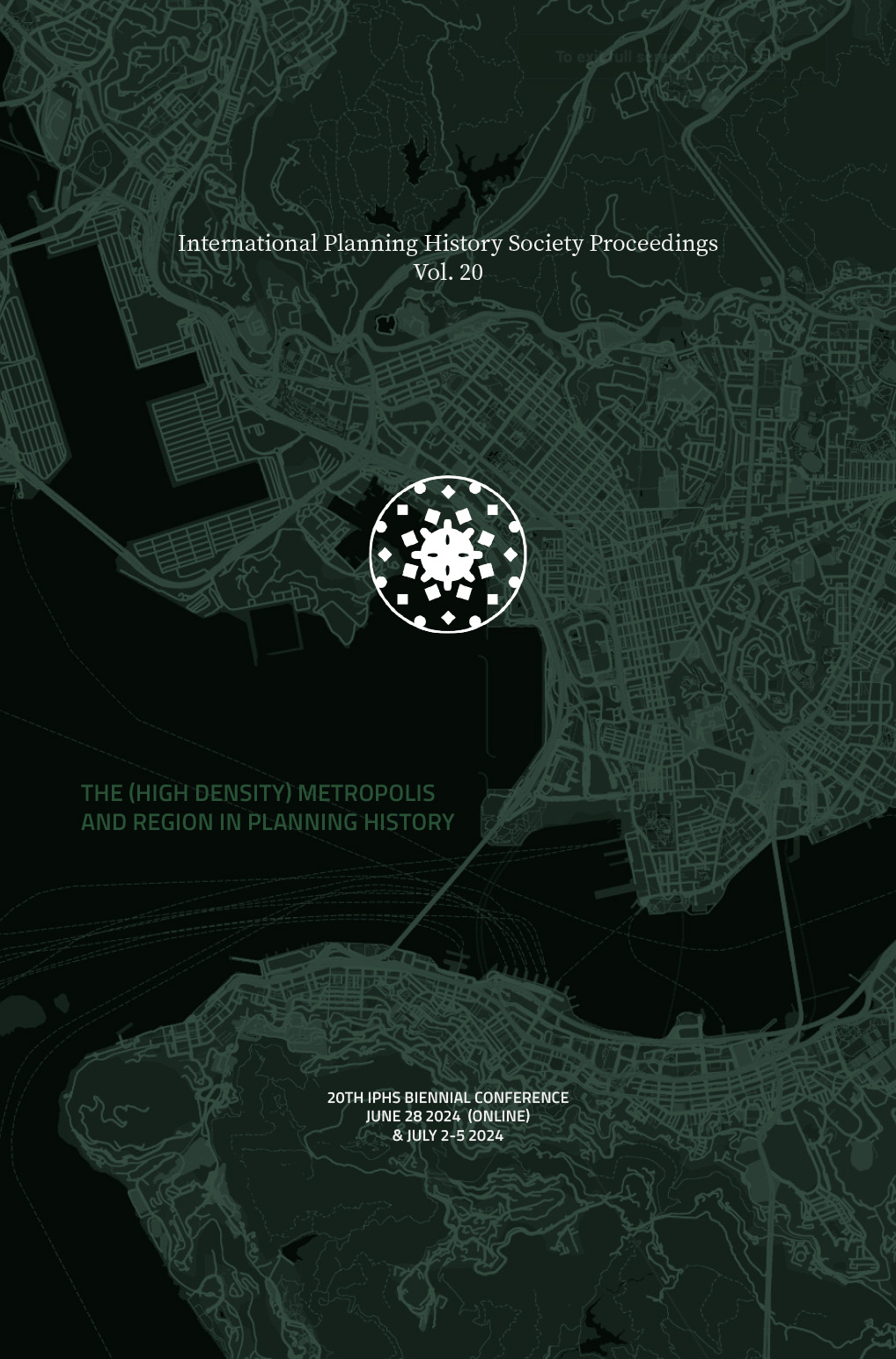From Company Towns to ‘Technopolis’
Understanding the Evolution of Industry-Driven Urban Development in Hong Kong
DOI:
https://doi.org/10.7480/iphs.2024.1.7666Abstract
The concept of the company town, once a key driver of urban development and vehicle for progressive town planning ideas, has been studied for its utopian and dystopian outcomes, and economic and social vulnerabilities. Given its dense population and post-colonial background, Hong Kong has a legacy of company town development that spurred its initial economic growth as a manufacturing hub, followed by property developer-driven urbanization in later stages. Presently, the city is actively striving to diversify its economy and develop its technology industry and is planning several new industry-driven New Town developments. In this context, it is helpful to re-examine the company town model and explore sustainable employment-driven urban planning for future Hong Kong. This research study has begun with categorizing and classifying historic company towns’ operational models and types through a critical literature review. It then analysed the development of the company town in Hong Kong through three cases that represent different historical periods. It examined land use, urban morphology, and live-work patterns at the district scale. By investigating the historical context and challenges of company town development, the study contributes to understanding the role of industry-based urban planning in shaping Hong Kong. It offers valuable insights for the design and planning of future Hong Kong, particularly in creating balanced living-working environments and promoting sustainable development.
Downloads
Published
How to Cite
Issue
Section
License
Copyright (c) 2024 Hengzhi Song, Yanlai Zhou, Yujia Zhang, Jiaxiu Cai, Jeroen van Ameijde

This work is licensed under a Creative Commons Attribution 4.0 International License.

